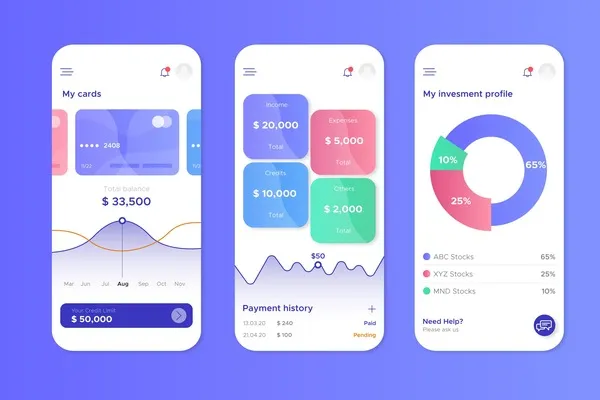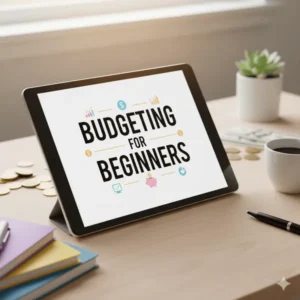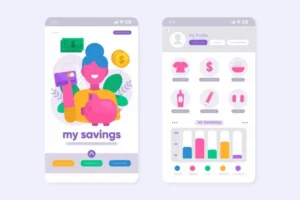In today’s fast-paced world, managing personal finance has never been more crucial—especially with inflation hovering around 3% in 2025 and economic uncertainties lingering from previous years. If you’re a beginner dipping your toes into budgeting, the sheer number of options can feel overwhelming. That’s where the best budgeting apps for beginners in 2025 come in. These tools simplify tracking expenses, setting savings goals, and building healthy financial habits without requiring a finance degree.
We’ve analyzed dozens of apps based on user reviews, features, and real-world usability. In this comprehensive guide, we’ll explore why budgeting apps are essential, dive into the top seven picks, compare them side-by-side, and answer your burning questions. Whether you’re a recent grad juggling student loans or a young professional aiming to save for a home down payment, these apps can help you take control of your money.
By the end, you’ll know exactly which of the best budgeting apps fits your needs, potentially saving you hundreds in overspending. Let’s get started on your path to financial freedom.
Why Use Budgeting Apps as a Beginner in 2025?
Budgeting isn’t just about cutting coffee runs—it’s about empowering yourself to make informed decisions. According to a 2025 Forbes Advisor survey, 68% of millennials and Gen Z users report feeling more confident with their finances after using a budgeting app. For beginners, these apps demystify the process by automating tedious tasks like categorizing transactions and forecasting cash flow.
Key Benefits of the Best Budgeting Apps
- Automatic Tracking: Link your bank accounts (securely, of course) to see real-time spending breakdowns. No more manual entry errors.
- Goal Setting: Set achievable targets, like saving $500 for emergencies, and watch progress bars fill up for that motivational dopamine hit.
- Educational Insights: Many apps offer tips on zero-based budgeting (where every dollar has a job) or the 50/30/20 rule (50% needs, 30% wants, 20% savings).
- 2025-Specific Features: With AI advancements, apps now predict bills based on seasonal trends and integrate with crypto wallets for the tech-savvy newbie.
But not all apps are created equal. Free ones might bombard you with ads, while premium versions (often $5–15/month) unlock unlimited categories and advanced analytics. As a beginner, start with user-friendly interfaces to avoid burnout—think simple dashboards over complex spreadsheets.
In the next section, we’ll spotlight the best budgeting apps for beginners in 2025, selected for their high ratings (4.5+ stars on app stores), ease of setup, and low learning curves. Each review draws from expert analyses and thousands of user testimonials to ensure balanced insights.
Top 7 Best Budgeting Apps for Beginners in 2025
Based on 2025 reviews from NerdWallet, Forbes, and PCMag, here are the standout best budgeting apps tailored for newcomers. I’ve prioritized apps with free tiers, intuitive designs, and features like bill reminders to ease you in.
1. YNAB (You Need A Budget): Best for Zero-Based Budgeting Mastery

YNAB tops the list of best budgeting apps for beginners who want structure without overwhelm. Its philosophy? Give every dollar a job, turning vague intentions into concrete plans.
Key Features:
- Syncs with 12,000+ banks for automatic imports.
- Educational workshops and progress reports to build habits.
- Age Your Money metric tracks how long your cash lasts.
Pros:
- Proven results: Users report saving $600 in the first two months on average.
- Mobile and web access with shared budgets for couples.
Cons:
- Steeper learning curve for absolute novices.
- No free version beyond a 34-day trial.
Pricing: $14.99/month or $109/year (free trial included). App Ratings: 4.8/5 (iOS), 4.7/5 (Android) from 94K+ reviews.
Ideal for: Beginners committed to long-term habit-building. Setup takes 15 minutes, and its podcast-like tutorials make it engaging.
2. Rocket Money: Best for Subscription Management and Bill Negotiation
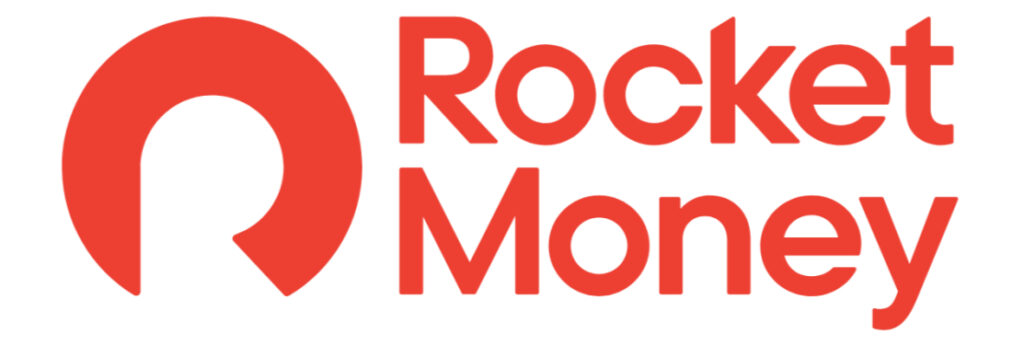
If hidden fees are your nemesis, Rocket Money shines among the best budgeting apps with its AI-powered bill negotiation—potentially saving you $100+ annually.
Key Features:
- Detects and cancels unused subscriptions automatically.
- “In My Pocket” tool shows safe-to-spend amounts after bills.
- Custom alerts for spending spikes.
Pros:
- Free basic version covers essentials like tracking.
- Intuitive pie charts visualize cash flow.
Cons:
- Premium negotiation feature requires human review (extra fee).
- Occasional sync delays with smaller banks.
Pricing: Free; Premium $6–$12/month (7-day trial). App Ratings: 4.6/5 (iOS), 4.4/5 (Android) from 100K+ reviews.
Ideal for: Tech beginners overwhelmed by recurring charges. Users love how it flags forgotten gym memberships, making budgeting feel like a win.
3. Goodbudget: Best Free Envelope System App
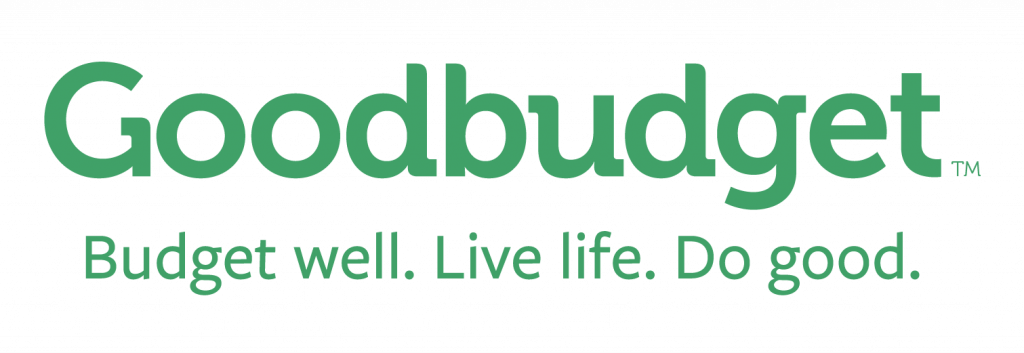
For those embracing the classic envelope method digitally, Goodbudget is a gem in the best budgeting apps for beginners in 2025—no bank linking required if you prefer privacy.
Key Features:
- Virtual envelopes for categories like groceries or fun money.
- Shared access for households (up to 5 users free).
- Transaction history up to 1 year in basic mode.
Pros:
- Completely free for core features.
- Promotes mindful spending without algorithms.
Cons:
- Manual entry can be time-consuming.
- Limited automation in free tier.
Pricing: Free; Plus $10/month or $80/year. App Ratings: 4.6/5 (iOS), 4.5/5 (Android) from 50K+ reviews.
Ideal for: Privacy-focused newbies or families teaching kids about money. It’s like carrying cash envelopes in your pocket—simple and effective.
4. EveryDollar: Best for Goal-Oriented Beginners

Dave Ramsey’s brainchild, EveryDollar, excels in the best budgeting apps category for its no-fuss, zero-based approach—perfect for debt payoff newbies.
Key Features:
- Unlimited customizable categories.
- Spending trend insights and margin finder (uncovers hidden savings).
- Integration with Ramsey’s financial courses.
Pros:
- Free version is robust for manual budgeting.
- Quick setup: Budget in under 10 minutes.
Cons:
- Premium auto-sync is pricey for casual users.
- Less visual flair than competitors.
Pricing: Free; Premium $17.99/month or $79.99/year (14-day trial). App Ratings: 4.7/5 (iOS), 3.8/5 (Android) from 77K+ reviews.
Ideal for: Beginners inspired by motivational finance gurus. It helped one user find $3,015 in untapped margin during onboarding.
5. Monarch Money: Best All-in-One Dashboard
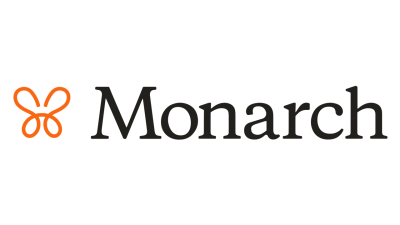
Monarch Money redefines best budgeting apps for beginners with its customizable dashboard, rivaling the late Mint for holistic tracking.
Key Features:
- Net worth tracker and investment monitoring.
- Collaborative budgeting for partners.
- AI-driven cash flow forecasts.
Pros:
- Syncs with 13,000+ institutions seamlessly.
- Beautiful, non-cluttered interface.
Cons:
- No free version—trial only.
- Overkill for super-basic needs.
Pricing: $14.99/month or $99.99/year (7-day trial). App Ratings: 4.9/5 (iOS), 4.8/5 (Android) from 20K+ reviews.
Ideal for: Ambitious beginners eyeing investments. Reviewers call it “Mint but better,” praising its goal-tracking magic.
6. PocketGuard: Best for Overspending Alerts

PocketGuard earns its spot among the best budgeting apps with proactive notifications that prevent budget blowouts.
Key Features:
- “In My Pocket” leftover cash calculator.
- Debt payoff planner and bill negotiation.
- Customizable pie charts for visual learners.
Pros:
- Affordable premium with unlimited envelopes.
- Excellent for irregular incomes like freelancers.
Cons:
- Free version limits account links.
- Ads in basic mode.
Pricing: Free; Plus $7.99/month or $34.99/year. App Ratings: 4.6/5 (iOS), 4.3/5 (Android) from 80K+ reviews.
Ideal for: Beginners prone to impulse buys. Its alerts feel like a gentle nudge, not nagging.
7. Quicken Simplifi: Best for Detailed Reporting
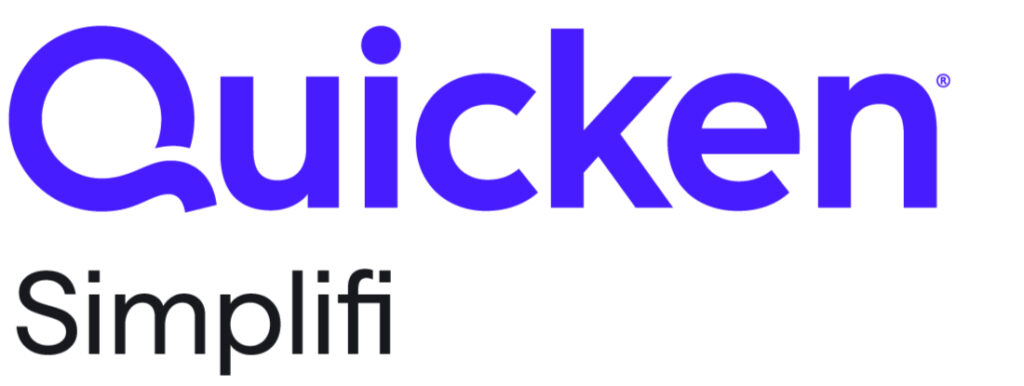
Quicken Simplifi rounds out our best budgeting apps for beginners in 2025 with pro-level reports in a beginner-friendly package.
Key Features:
- Personalized spending plans and refund tracking.
- Watchlists for monitoring specific categories.
- Multi-device sync with advisor sharing.
Pros:
- Clean UI with innovative data views.
- Handles complex finances like side hustles.
Cons:
- Subscription-only model.
- Mobile app slightly less polished than web.
Pricing: $3.99/month (billed annually at $47.88; 30-day trial). App Ratings: 4.7/5 (iOS), 4.5/5 (Android) from 30K+ reviews.
Ideal for: Analytical beginners wanting growth insights. It’s like having a financial advisor in your pocket.
Comparison Table: Best Budgeting Apps at a Glance
To help you decide, here’s a quick comparison of the best budgeting apps for beginners in 2025. Focus on your priorities: free access, automation, or advanced tools.
| App Name | Pricing (Annual) | Key Feature | Best For Beginners Because… | App Rating (Avg.) |
|---|---|---|---|---|
| YNAB | $109 | Zero-based budgeting | Builds strong habits with education | 4.8 |
| Rocket Money | $72–$144 | Subscription cancellation | Catches hidden fees easily | 4.5 |
| Goodbudget | Free/$80 | Envelope system | Simple, no-bank-link privacy | 4.6 |
| EveryDollar | Free/$215 | Margin finder | Quick setup for debt focus | 4.3 |
| Monarch Money | $99.99 | Net worth tracking | Holistic dashboard view | 4.9 |
| PocketGuard | Free/$95 | Overspend alerts | Prevents impulse buys | 4.5 |
| Quicken Simplifi | $47.88 | Detailed reports | Grows with your skills | 4.6 |
This table highlights value—e.g., Goodbudget for budget-conscious starters, Monarch for future planners. All support secure bank syncing via Plaid encryption.
How to Choose the Right Budgeting App for Your Needs
Selecting from the best budgeting apps boils down to three questions: What’s your budget (free vs. paid)? Do you need automation or manual control? And what goals drive you—saving, debt payoff, or investing?
For absolute beginners, prioritize apps with trials (like YNAB’s 34 days) to test waters without commitment. Security is non-negotiable: Look for 256-bit encryption and two-factor authentication, standard in all our picks.
Pro Tip: Start small. Link one account, set three categories (essentials, fun, savings), and review weekly. Over time, integrate more features as confidence grows. In 2025, apps like these have helped users cut unnecessary spending by 20–30%.
Final Thoughts: Start Budgeting Today with the Best Apps
The best budgeting apps for beginners in 2025 aren’t just tools—they’re your financial sidekicks, turning chaos into clarity. Whether YNAB’s discipline or Goodbudget’s simplicity calls to you, committing to one can transform your money mindset. Remember, consistency beats perfection; even 10 minutes a week yields results.
Ready to dive in? Download a free trial today and track your first win. For more personal finance tips, subscribe to our newsletter. What’s your top pick from this list? Share in the comments!
FAQ: Common Questions About the Best Budgeting Apps for Beginners in 2025
What are the absolute best free budgeting apps for beginners?
Goodbudget and EveryDollar’s free versions top the list for their simplicity and no-ads core features. Rocket Money’s basic tier also excels at subscription tracking without cost. They’re ideal if you’re testing the waters.
Is YNAB worth the price for a total beginner?
Absolutely, if you’re serious about habits—its education alone justifies $109/year. Users save six times the cost in months. Start with the trial to see if it clicks.
Can couples use these budgeting apps together?
Yes! Monarch Money and Goodbudget shine for shared access, with real-time syncs to avoid “who spent what” fights. Honeydue is another couple-specific free option.
How secure are the best budgeting apps in 2025?
All recommended apps use bank-level encryption (e.g., Plaid API) and comply with PCI standards. No app has reported major breaches in 2025 reviews. Always enable 2FA.
Which app is best for irregular income beginners?
PocketGuard or EveryDollar, with flexible forecasting and “safe-to-spend” calculations tailored to freelancers

